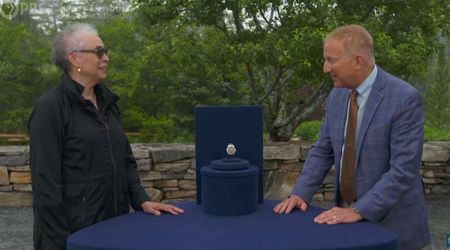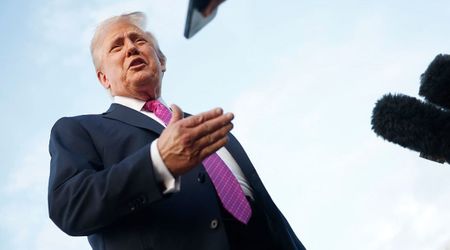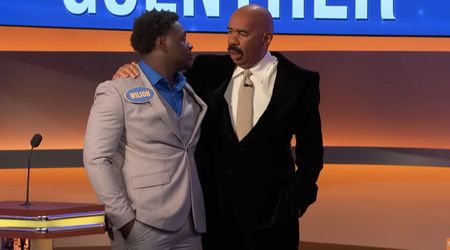Contractors Plead Guilty in Federal Court to 'Rent-a-Vet' Fraud Scheme

Two former residents of Pittsburgh recently pleaded guilty in a federal court for their involvement in a fraudulent scheme to secure government contracts. The accused falsely claimed that their construction companies were owned by disabled veterans. Edward Kessler, 68, entered his plea before U.S. District Judge William S. Stickman IV, followed by Edward DiGorio Jr., 65, who entered his plea days later.
Democratic governor candidate for SC is blacklisted by Veterans Affairs after he got caught selling his disabled-vet status in so-called "rent-a-vet" scams! #VoteDemsOut #WalkAwayFromDemocrats #DemocratsAreLiars https://t.co/2evmHvmM9q
— Catt (@CattHarmony) October 22, 2018
The charges brought against both men include two counts of major fraud against the U.S., specifically related to what is commonly referred to as a "Rent-A-Vet" scheme. The sentencing for the defendants is scheduled for July.
False Claims and Fraudulent Practices
The backdrop of this case is the Veterans Entrepreneurship and Small Business Development Act of 1999, which aimed to allocate 3% of government contracts to small businesses owned by service-disabled veterans. To qualify for these contracts, the disabled veteran had to meet several stringent criteria, including owning at least 51% of the company, being the highest-paid employee, receiving 51% of the annual profits, and managing daily operations.

Deceptive Tactics
The prosecution revealed that Kessler and DiGorio were involved with ADDVETCO and Hi-Def Contracting Inc., construction companies incorporated in Pennsylvania in 2007 and 2009, respectively.
Notably, neither of the defendants had served in the military nor were they disabled. Instead, they orchestrated a scheme where they paid disabled veterans to pose as the owners of their companies to gain certification for government contracts.
Part of this scheme involved the disabled veterans listed as company owners diverting a portion of their earnings back to the defendants and their relatives in cash, although the veterans themselves are not named in court documents.

Extent of Fraudulent Activities
According to the government, the fraudulent activities spanned from January 2007 to January 2018. During this period, ADDVETCO was awarded 35 prime contracts from the U.S. Department of Veterans Affairs designated for disabled veteran-owned businesses, with 26 contracts valued at over $1 million each. Similarly, Hi-Def was awarded 32 prime contracts intended for disabled veterans businesses, with 24 of them exceeding $1 million in value.
Admitting to Wrongdoing in Federal Court
The guilty pleas entered by Kessler and DiGorio specifically related to two contracts: one with ADDVETCO worth $7.3 million and another with Hi-Def totaling nearly $1.4 million. Although the services were rendered, the government calculated the loss to the Veterans Affairs Department at $403,142, representing the profit earned by the defendants from these contracts. As part of their plea agreement, both defendants are required to pay this amount in restitution.
In US federal government programs, instances of fraud, waste, and abuse (FWA) are prevalent, often unquantified, and represent a growing burden on taxpayers and citizens, thereby undermining the efficiency of government services. Due to the inherent challenges in detecting and quantifying fraudulent activities, the precise magnitude of financial losses remains uncertain.
However, it's noteworthy that the US government annually disburses over $140 billion, most of which ends up in the wrong hands. While many of these discrepancies stem from administrative errors and fraud, approximately 40 percent result in tangible financial losses for the government.





















